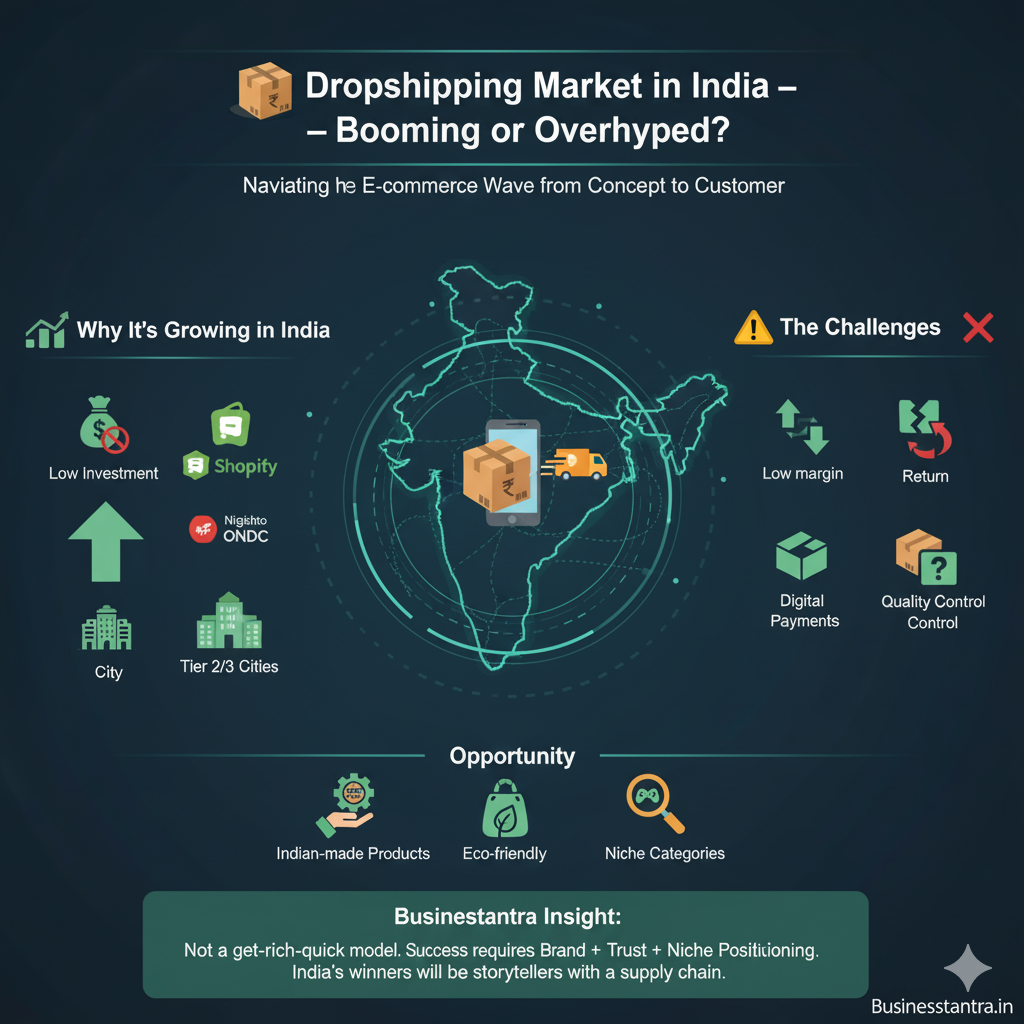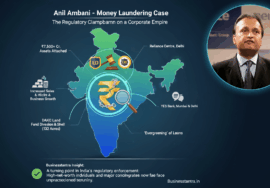K Fund’s new €250m growth fund will back the deeptech boom
[ad_1]
Madrid-based VC firm K Fund is today announcing the first close of its new investment vehicle, Leadwind, which will invest in early growth-stage startups in southern Europe and Latin America.
The new fund is targeting €250m — which would make it the largest growth fund in southern Europe. It has €175m committed from backers including Telefonica, BBVA, Go-Hub and SATEC. As well as helping European companies expand to Latin America, it will also help Latin American startups that are looking to grow into Europe.
Leadwind will write cheques starting at €5m, investing in companies with a €40m valuation or higher. And apart from the size of investments (K Fund’s previous two investment vehicles made investments between €100k-€2m), the new fund marks a change in focus for the firm, reflecting a wider trend in southern Europe’s startup sector.
“I wouldn’t invest in companies building a blockchain, but in companies that can use the blockchain as a service”
While K Fund’s first two funds were generalist, Leadwind will specifically look to back B2B startups with a deeptech component.
“The thesis is different,” Leadwind partner Miguel Arias tells Sifted. “K1 and K2 [K Fund’s first two funds] were very generic in their approach around technologies and business models. Here we’re looking more at internet of things, AI, data and blockchain, as platforms.”
The shallows of deeptech
By “as platforms”, Arias tells Sifted that he means startups that will allow other businesses to build technologies like AI and blockchain into their workflow: “I wouldn’t invest in companies building a blockchain, but in companies that can use the blockchain as a service, that can be applied to lots of different business models.”
Arias gives the hypothetical example of a company that has built a digital identification solution using blockchain technology, which could be useful to a wide range of other businesses who might not have the deeptech skills to build one themselves.
“What we’ve seen is that there is a lot of talent in this area — at the kind of surface of deeptech. There’s a growing maturity, both in terms of tech talent and business talent, around these kinds of companies in southern Europe, and increasingly in Latin America,” he says.
Arias points to data analytics companies like TinyBird (which recently raised Spain’s biggest ever Series A round) and Seqera Labs, as examples of this shift. Other recent deeptech success stories from Spain include quantum computing startup Multiverse Computing and neural interface developer Inbrain.
It will be music to the ears of many people following southern Europe’s tech sector, which is still shaking off a reputation as something of a no-go zone for building deeptech companies.
It’s a reputation that Arias says had some truth to it, until now. “We always had the talent at universities, but tech transfer was not happening. There was a real blockage there. But now there are more scientists and engineers who see that they can access early-stage funding, which is a new thing that happened five years ago,” he says.
People power
Leadwind’s team also includes Sergio Álvarez, cofounder of spatial data company Carto, and Borja Santos, former country manager for Spain and Portugal at payments company Stripe.
Arias says that Santos’s experience of leading international expansions in Europe will be particularly helpful, as the fund plans to back Latin American businesses that are looking to grow in the continent.
“It’s a new thing, now companies in LatAm are mature and have enough financial muscle and sophistication to be able to move into Europe, and we want to help there,” he says.
“The region is ready and it’s booming. And if you are not here, you’re probably already late to the party”
Leadwind will have a dedicated investment team working from São Paulo, and Arias says the fund will also be making use of Telefonica and BBVA’s networks in those countries to help source dealflow.
Working with big corporate LPs like these also helps inform Leadwind’s wider investment thesis, as Arias believes they will provide a route to market for the fund’s B2B companies: “We’re investing in enabling technologies, which makes the angle of having corporates partnering with us and becoming channels for our companies even more appealing.”
Arias believes that all of this will be helpful in places that are increasingly becoming more competitive for investors, as funding volumes grow and the world pays more attention to lesser-known tech hubs.
“The region is ready and it’s booming. And if you are not here, you’re probably already late to the party,” he says.
Tim Smith is Sifted’s Iberia correspondent. He tweets from @timmpsmith
[ad_2]
Source link










